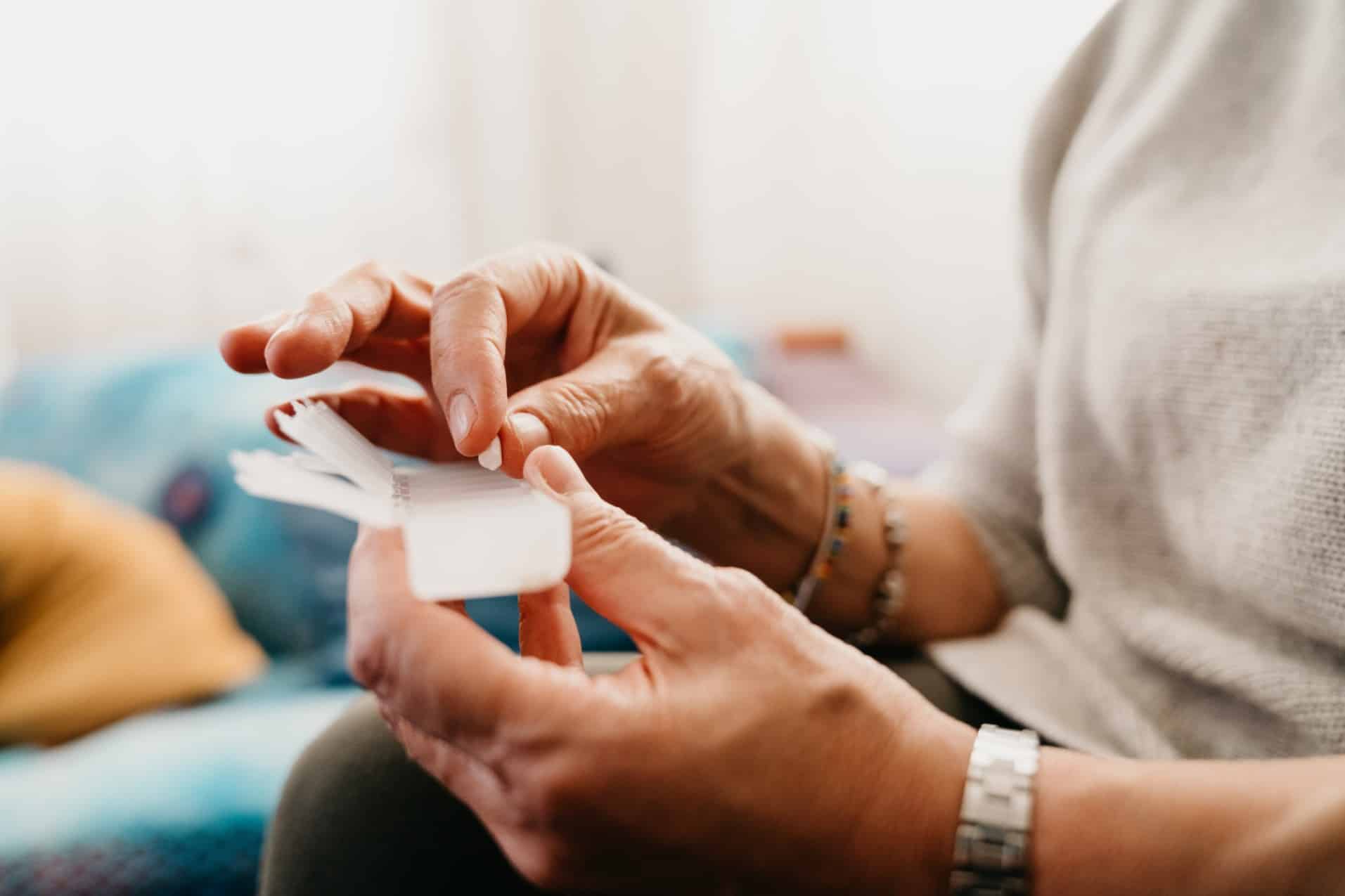Drug induced mania is a serious mental health condition that can have long-term implications. It occurs when the treatment for another medical condition, such as depression or ADHD results in Manic episodes among the patients they affect. Although it has similar symptoms to those of traditional bipolar disorders, it is important to know its unique characteristics and efficient treatments to tackle this possible unwanted side effect properly and in a responsible manner. The underlying causes of bipolar disorder, a review of typical symptoms, the various diagnostic methods used by psychiatrists, and the available treatments to treat the diagnosis. Mental health professionals offer advice on how to spot symptoms of manic episodes caused by drugs in patients taking specific medications. This allows individuals to understand what they should do following the diagnosis is confirmed.

Bipolar disorder, an illness of the mind that is multifaceted and characterised by extreme mood swings which can range from manic-hypomanic depressive episodes. Research has proven that, although the nature of the bipolar disorder is not known it is believed that there are a number of elements involved, including brain chemistry and genetics. But there is a lesser-known form of bipolar disorder referred to as bipolar disorder caused by drugs, which can be caused by drug abuse or the use of certain drugs.
The symptoms of bipolar disorder can be directly caused by drugs or medication. This is also known as drug-induced disorder. Bipolar disorders that are caused by drugs are distinct from those that are not caused by drug abuse or medications. Bipolar disorders induced by drugs can resemble bipolar disorder symptoms, however the trigger is typically drug use.
Many substances, including stimulants such as amphetamines like cocaine and ecstasy, as well with steroids and antidepressants, or herbal supplements, have been associated with the development of Bipolar Disorder. These substances alter the delicate neurotransmitter balance in the brain and could result in mood swings or manic or hypomanic symptoms.
The symptoms of drug-induced bipolar illness are similar to the symptoms of traditional bipolar illness. They can include periods of elevated emotions (mania or hypermania) and then episodes of depression. In hypomanic or manic phases, people may have increased energy in their lives, as well as increased irritability, anger and racing thoughts. They also might not need to rest more often, and may engage in risky behaviors. Depressive episodes on however, are described by feelings of sadness and hopelessness. A loss of interest in specific activities or activities, changes in eating patterns or sleep patterns as well as thoughts of self-harm or suicide, might be an indication.
The identification of Bipolar Disorder caused by drugs Disorder can be challenging, since symptoms may be attributed to the drug in itself. Drug induced bipolar requires an individual treatment. The use of drugs should be taken into consideration and treated in conjunction with bipolar symptoms for effective recovery and stability.
Drug-induced bipolar disorders are treated with a combination medication and psychotherapy, as well as addressing the substance abuse issue. Certain medications, like mood stabilizers or antipsychotics could be prescribed to help regulate mood swings and manage symptoms. Cognitive-behavioral (CBT) therapy can help individuals develop coping strategies as well as identify triggers and make lifestyle adjustments to aid their recovery.
The treatment of drug induced Bipolar Disorder must address addiction to substances. It may be necessary to attend support groups and be part of treatment programs for substances abuse. Addiction specialists can also assist with addressing the underlying causes. To be able to attain long-term success, it’s essential to establish a comprehensive program of treatment that focuses on both bipolar disorder symptoms and substance abuse.
It is important to seek help from a professional when you or someone close to you suffers from drug induced Bipolar Disorder. A professional in mental health who is experienced with treating disorders that co-occur is able to offer a thorough diagnosis and develop an individualized treatment plan. It is possible to recover if you have the right treatment and support.
Drug-induced bipolar disorder is a distinct type of bipolar disorder that is caused by addiction to substances or consumption of certain medications. It is vital to differentiate this kind of bipolar disorder and traditional bipolar disorder so that you can get the right diagnosis and treatment. To effectively assist and care for those affected by Bipolar Disorder caused by drugs, it is essential that you understand the symptoms as well as the causes and treatments. The correct approach can assist people find stability and recovery by addressing both substance abuse and bipolar symptoms.
